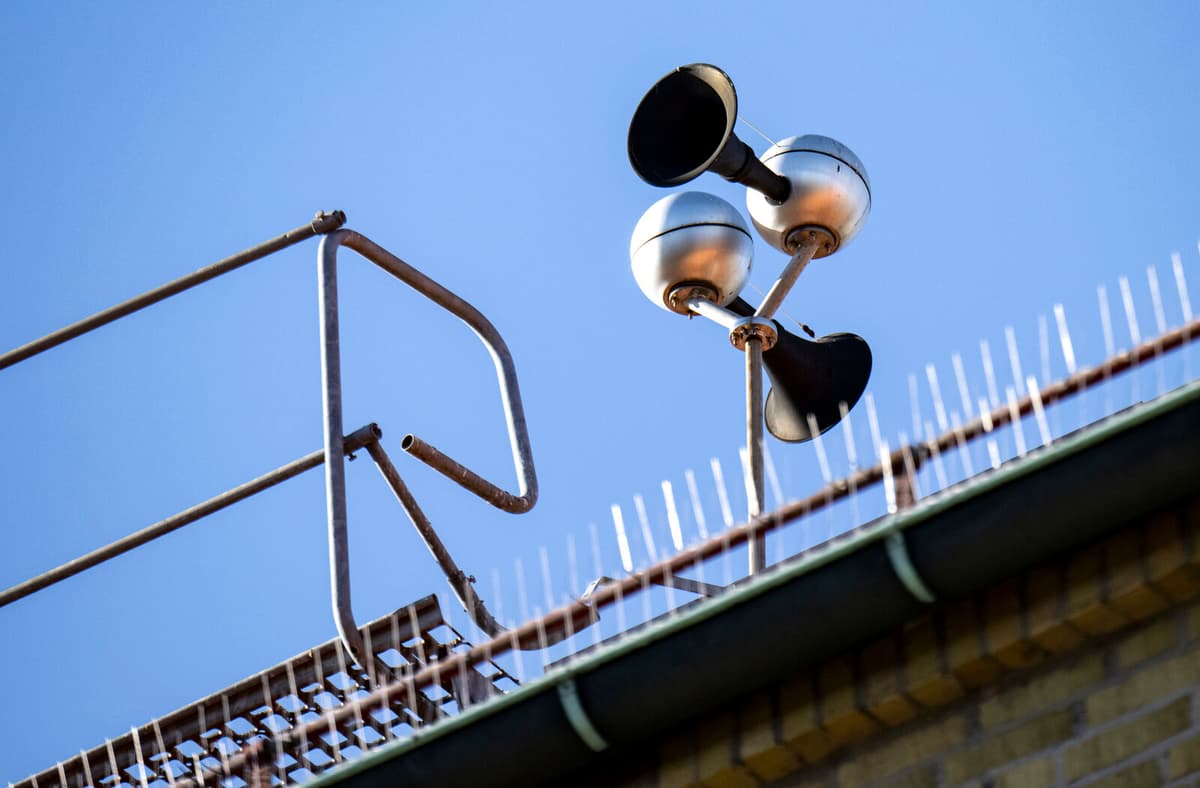Today, warnings about serious events, so-called VMAs, can be sent via SMS as well as radio and TV. If it's a really serious event, the outdoor siren Hesa Fredrik can be activated.
However, according to the government, there are deficiencies in the SMS system.
The problem with the technology that exists today is that it doesn't work well enough, because it simply becomes too congested in the mobile network, says Carl-Oskar Bohlin (M).
Now, the Swedish Civil Contingencies Agency (MSB) and the Swedish Post and Telecom Authority (PTS) have been tasked with introducing a new warning system, called SE Alert.
Sending mass messages
It's a warning system that instead of SMS uses so-called "cell broadcast", which is not dependent on the limitations of the mobile network.
The technology is already being used in many countries around the world, according to the government.
It's a technology that allows us to send mass messages without delay to mobile phones, and it can be done regionally as well as nationally very, very quickly, says Bohlin.
Up to 95 percent of Sweden's population is estimated to be able to be reached by the new system, and the goal is to have it in operation "within the coming year", according to Bohlin.
The current VMA system is not affected, but the idea is to create an additional channel to reach out.
The current system has been criticized
The current system of SMS warnings has been criticized, among other things, after the fire at Oceana in Gothenburg last year. Then, only 40,000 of the first warning to go indoors and close windows, doors, and ventilation was received, because the mobile networks were overloaded, writes SVT.
When it comes to information that is second- or minute-critical, for example, to warn people of hazardous smoke or, in the worst case, the risk of remote-controlled firefighting, then we must have an order where the information gets through, says Bohlin.






